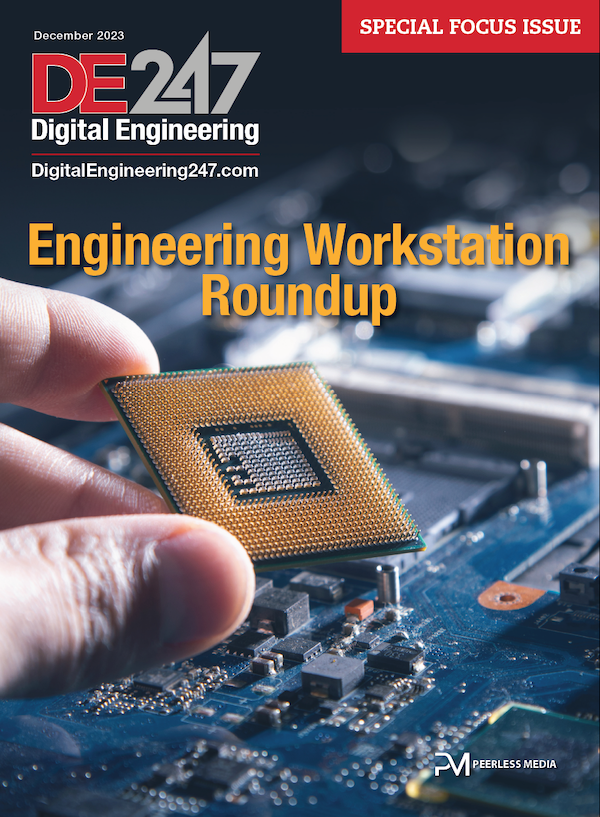HP Launches Quad Core Workstation Ultrabook
Latest News
November 11, 2015
HP has released the HP ZBook Studio, the first quad core workstation ultrabook. The technology is designed for professional on the go and suited for business and mobile applications, the company states. Furthermore, HP has also launched several ZBook G3 Mobile Workstations and the t73o thin client.
The ZBook Studio can be equipped with Intel Core or Xeon processors, a dual 1TB HP Z Turbo Drive G2, up to 2TB of total storage and 32GB of ECC memory. It weighs 4.4 lbs. and is built to handle heavy graphics loads with NVIDIA or Intel HD graphics options.
“As the world’s first quad core workstation Ultrabook, the ZBook Studio is a perfect combination of brains and beauty with the engineering toughness of a HP Z Workstation,”said Jim Zafarana, vice president and general manager, HP Workstations and Thin Clients, HP Inc. “The ZBook Studio endures 120,000 hours of testing and features numerous first-time workstation advancements, including Intel XEON CPUs with ECC memory, Thunderbolt 3, Gen 2 Z Turbo Drives, HP Sure Start client security, and an eight million color-critical pixel DreamColor 4K display.”
The three new ZBook mobile workstations are lighter than the previous generation and offer increased battery life as well as performance. Updates to the ZBook include:
- ZBook 15u: Configuration with up to 32GB of memory, AMD graphics with a 2GB frame buffer, 1.5TB of total storage and an FHD touch display.
- ZBook 15: Increased battery life by 27%, lighter weight, 64GB ECC memory and up to 3TB of storage.
- ZBook 17: Increased battery life by 67%, NVIDIA graphics with an 8GB frame buffer and up to 4TB of storage.
“HP ZBook products have significant reliability advantages and are designed to pass military standards testing and endure 120,000 hours in HP’s test process,” said Ron Rogers, vice president and head of engineering, Workstations and Thin Clients, HP Inc. “HP practices physics of failure techniques to predict reliability and improve product performance. This engineering approach has provided end-users our most reliable workstations available.”
For more information, visit HP.
Sources: Press materials received from the company and additional information gleaned from the company’s website.
Subscribe to our FREE magazine, FREE email newsletters or both!
Latest News
About the Author
Jess Lulka is a former associate editor for Digital Engineering. Contact her via [email protected].
Follow DE





